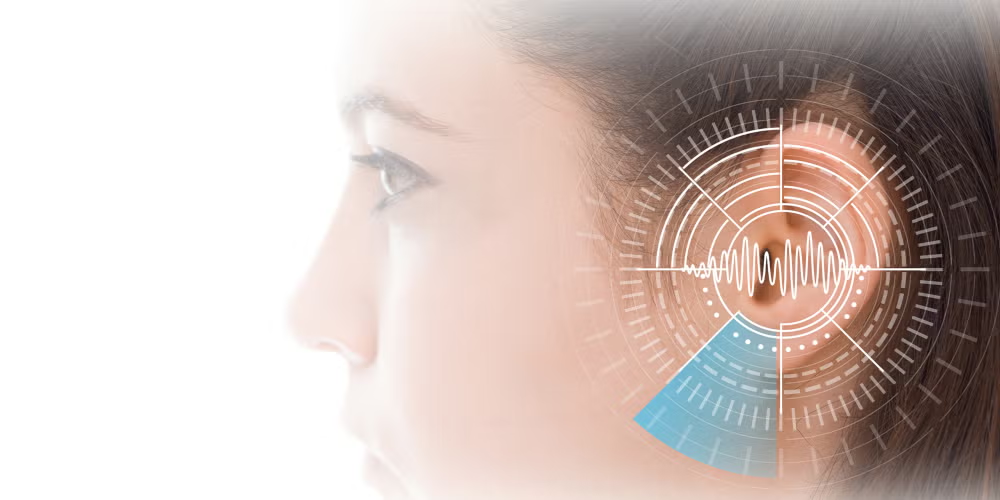Hearing Testing
Hearing Testing
Videonystagmography (VNG) testing is used to determine if a vestibular (inner ear) disease may be causing a balance or dizziness problem. VNG can be used to identify eye movement disorders consistent with CNS (central nervous system) disease, document spontaneous nystagmus, identify BPPV (benign paroxysmal positional nystagmus) and identify unilateral or peripheral vestibular impairment. In order for the balance system to work properly, the inner ears, the eyes and the muscles/nerves of the body have to all work together to coordinate signals. VNG testing is a series of tests designed to help determine the appropriate course of treatment.
Auditory brainstem response (ABR) is an auditory-evoked potential (a type of screening) extracted from ongoing electrical activity in the brain and recorded via electrodes placed on the scalp.
Central auditory processing (CAP) testing may be completed for both children and adults. This battery of tests consists of subtests that analyze, organize and interpret information from the auditory periphery. This is essential to helping patients in educational and work settings to achieve their potential.
Hearing aids are part of the rehabilitative process to make sounds audible again for a hearing-impaired individual. It seems like a simple process. However, counseling, selection of the appropriate device and lifestyle needs are all essential to having a successful outcome. Advanced technology can help most people with hearing loss understand speech better and achieve better communication. Most amplification devices offer features that can aid in coping with tinnitus, and they can be paired with other devices for direct sound input.
Assistive listening devices are devices that pair either individually or in conjunction with hearing aids to improve the signal-to-listening ratio in the environment to enable better understanding of speech. This technology can be used for phone calls and to listen to the TV. It can also be used in meetings, places of worship and theaters. Alerting devices are a key to ensuring safety, by helping patients hear fire alarms and carbon monoxide detectors.
Custom earmolds can be made specifically for the acoustic enhancement of sounds for personal amplification. They can also be made for racing headsets, pilot headphones, swimming and listening to music.
Custom hearing protection can be made for hunting, sleeping, listening to concerts and performing music. It’s important to realize that many environments we think are “safe” may permanently impact your hearing.
Should I Have My Hearing Tested?
- Do you think people do not speak clearly?
- Do you feel like others are whispering?
- Are family members commenting that the TV is too loud?
- Do you have noises in your ears (ringing, buzzing, humming, pumping, etc.)?
- Are you not enjoying social events? Is it difficult to follow the conversation with background noise?
- Do you use the speaker function on your phone so that you can understand the conversation?
- Are you and/or others frustrated because you ask for things to be repeated often?
- Have you had a history of noise exposure (lawn mowers, snowblowers, leaf blowers, heavy equipment, headphones, etc.)?
- Are you noticing that you can’t hear the same out of both ears?
- Do you find yourself unable to determine where sounds are coming from?
Hearing loss is common, but the reason may not be simple. It is recommended that you have an evaluation to assess if there is a medical concern that should be addressed. At AtlantiCare, we have a team approach that always has your health and well-being as our primary concern. Please contact us for further assessment and additional information.
NJ Supervising License: Holly H. Reynolds, AuD CCC-A/FAAA — NJ Audiology License: 41YA00052000 and NJ Hearing Aid Dispenser License: 25MG00086700
For more information and to make an appointment, please call 1-888-569-1000.
